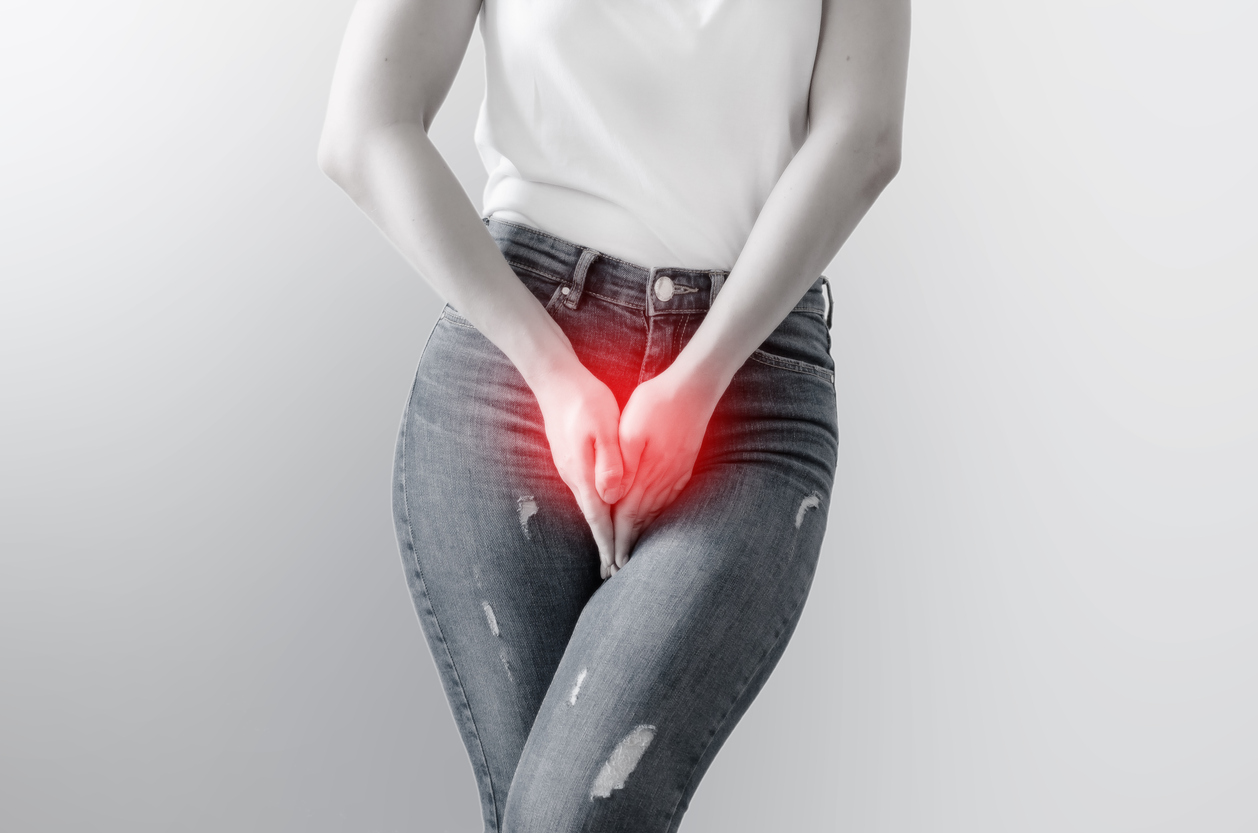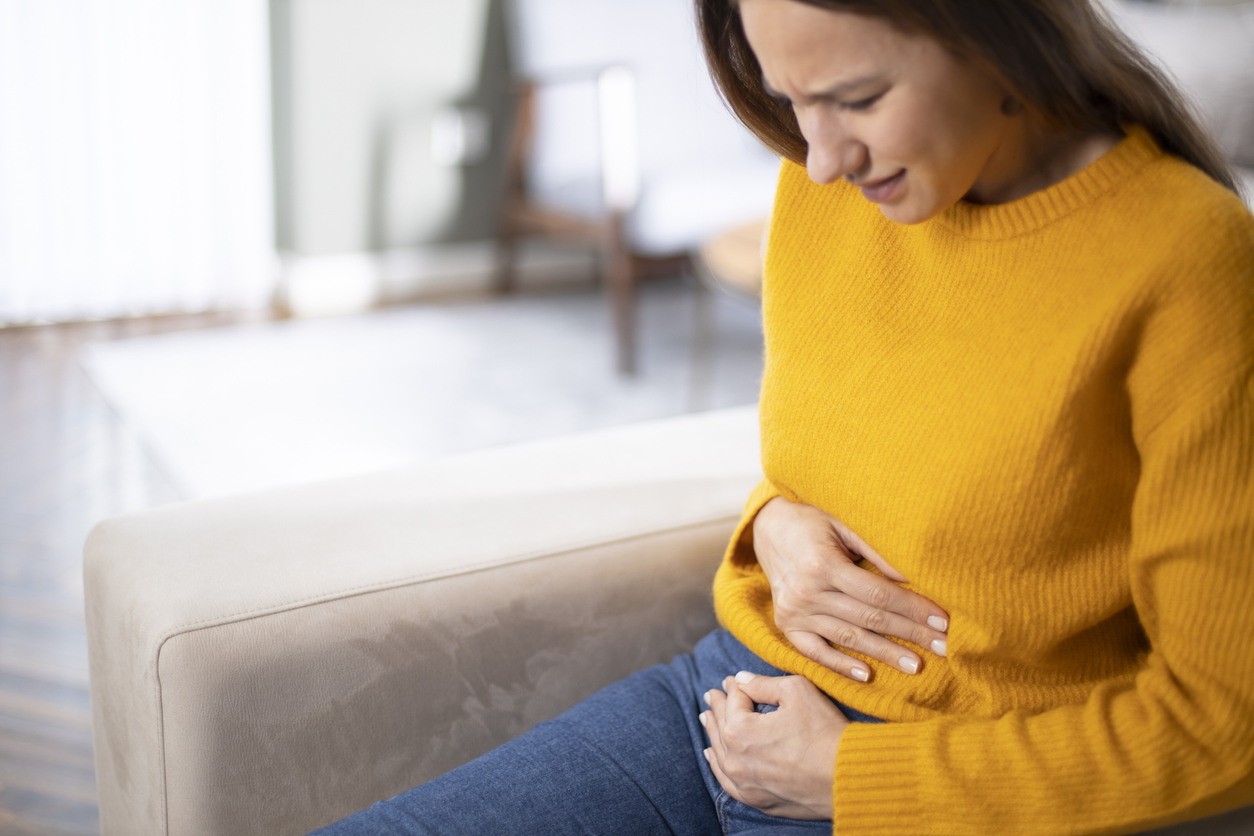Pelvic Venous Insufficiency: What You Need To Know
Pelvic venous insufficiency or PVI is a condition that produces symptoms such as chronic pelvic pain and leg swelling. PVI develops when veins in the pelvic region can’t circulate blood properly. Instead of blood flowing back toward the heart, blood pools or builds up in the pelvis.
If you have symptoms of PVI or suspect you have the condition, you should schedule an appointment with your vascular doctor.



